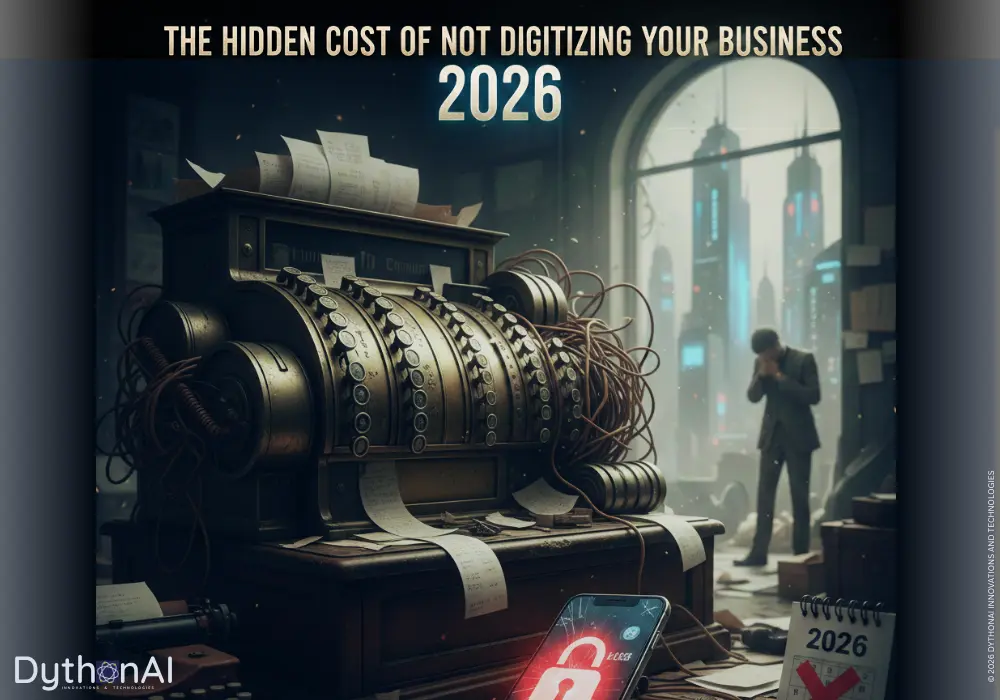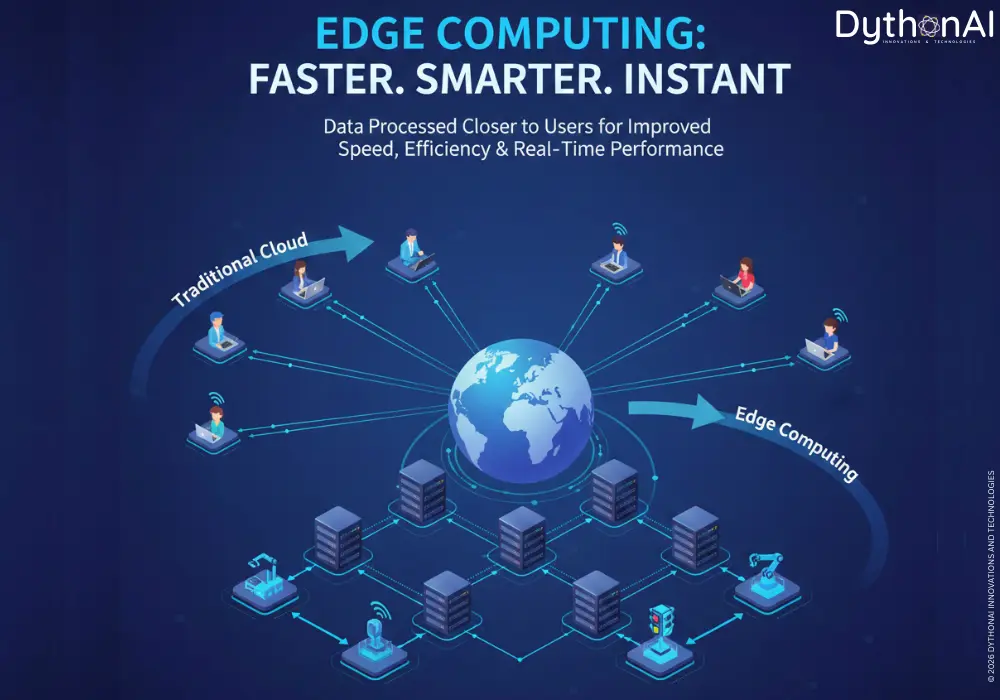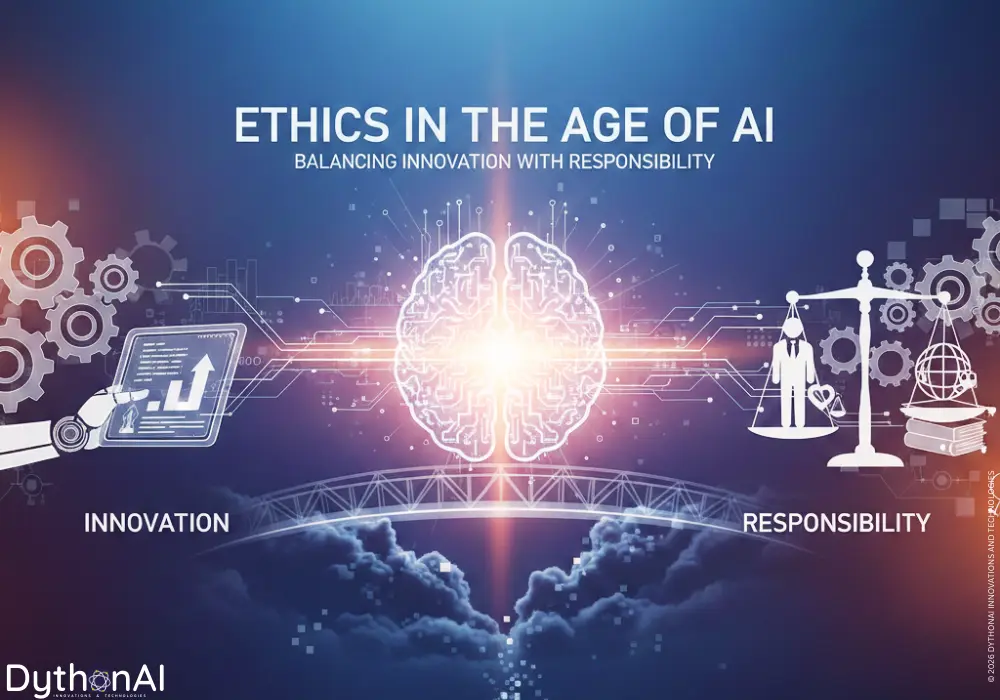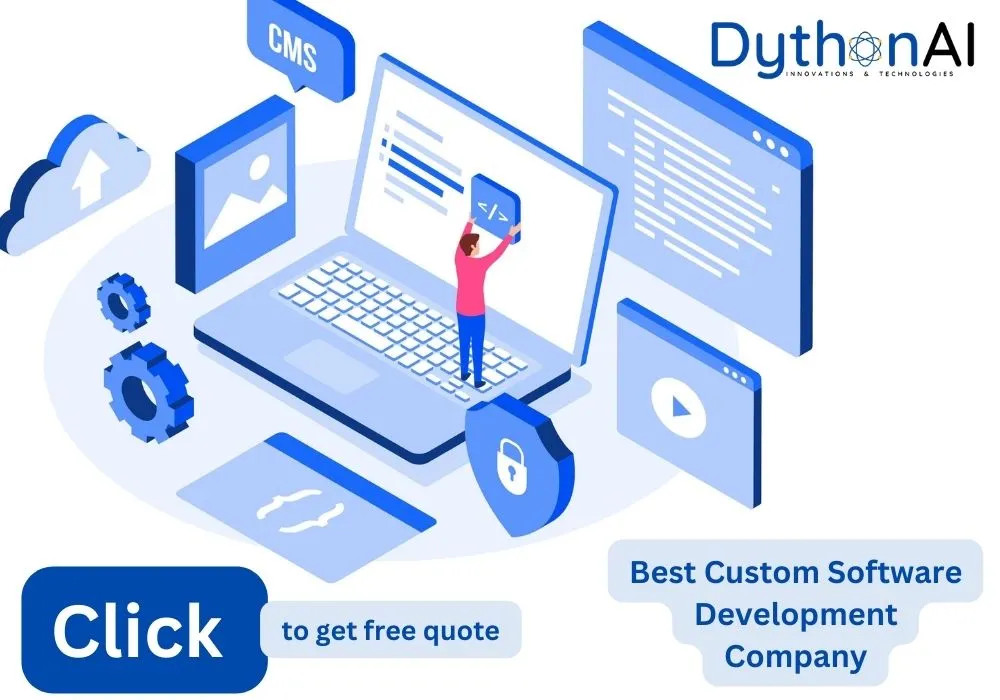
Quantum Computing
Introduction
Quantum Computing: What It Means for the Future of IT
In the world of technology, every few decades, a breakthrough redefines what’s possible. Today, quantum computing stands at that frontier. While still in its early stages, it has the potential to revolutionize how we solve problems, process data, and power innovation across industries. For IT professionals, researchers, and enterprises, understanding quantum computing is no longer optional — it’s the next big leap.
What Is Quantum Computing?
Traditional computers rely on bits — tiny switches that are either 0 or 1. Quantum computers, however, use qubits, which can be both 0 and 1 at the same time thanks to a property called superposition. Combine that with entanglement, where qubits influence each other no matter how far apart they are, and you get a system capable of performing complex computations exponentially faster than today’s best supercomputers.
In simple terms, quantum computers don’t just process data — they explore multiple possibilities simultaneously.
How Quantum Computing Will Transform the IT Landscape
1. Revolutionizing Data Processing and Analytics
Data is the fuel of modern IT systems. Quantum computing can process massive datasets in seconds, uncovering patterns that would take classical computers years to detect. This means faster decision-making, more accurate predictions, and smarter AI systems.
2. Unbreakable Security (and New Threats)
Quantum computing could render current encryption methods obsolete. Algorithms like RSA, which secure online transactions, could be cracked in seconds. However, it also opens doors to quantum cryptography, a new form of ultra-secure communication that relies on the laws of physics rather than mathematical complexity.
3. Accelerating Artificial Intelligence
Training AI models takes time and immense computing power. Quantum computing could dramatically shorten AI training cycles, enabling more advanced models capable of understanding complex relationships, emotions, and even creativity.
4. Optimizing Cloud and Network Infrastructure
IT operations often involve solving optimization problems — from routing data traffic to resource allocation. Quantum algorithms can identify the best solutions instantly, improving network efficiency, cloud performance, and cost optimization.
Challenges to Overcome
Despite its promise, quantum computing is still developing. Key challenges include:
-
Hardware Stability: Qubits are fragile and easily disrupted by environmental noise.
-
High Costs: Quantum hardware is expensive and requires near-zero temperatures to operate.
-
Limited Accessibility: Only a few tech giants currently offer quantum systems through cloud-based platforms.
But just like early mainframes in the 1950s, today’s limitations are stepping stones toward tomorrow’s breakthroughs.
What the Future Holds for IT Companies
As quantum technology matures, IT companies must prepare for a paradigm shift. The future will see:
-
Quantum-as-a-Service (QaaS) platforms available to developers worldwide.
-
Hybrid quantum-classical systems for solving real-world business problems.
-
Quantum-ready algorithms integrated into AI, cybersecurity, and cloud ecosystems.
Forward-thinking companies like DythonAI Innovations and Technologies are already exploring how to integrate quantum principles into AI research, data analytics, and secure communication systems. Those who adapt early will lead the next digital revolution.
Final Thoughts
Quantum computing isn’t just another upgrade — it’s a complete reimagining of computation. For IT professionals, this is both a challenge and an opportunity to reshape how the world interacts with technology. The future of IT is not just faster — it’s quantum.







